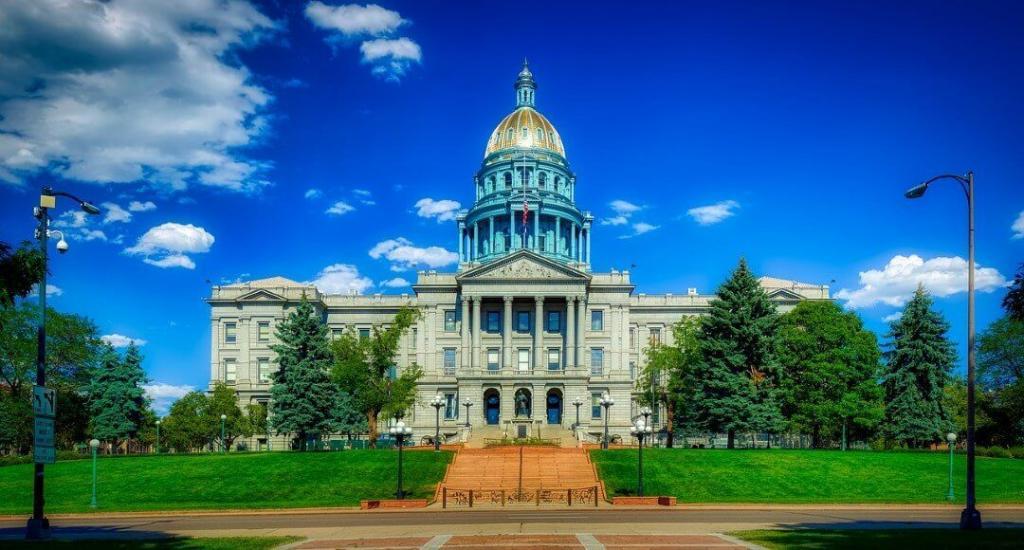At the risk of sounding like a washed-up old reporter, I remember a time when politicians spent more time worrying about winning general elections than winning primaries. I left the newsroom almost 10 years ago, and since then, the ideological demands of party activists and donors have grown so loud that many elected officials can’t – or won’t – pay attention to much else.
Since I’m an advocate for free enterprise and limited government, let’s start with an example on the right: Almost a decade ago in Kansas, there was an ideological push – championed by former Republican Gov. Sam Brownback – to slash state income tax rates. The tax cuts reduced general fund revenues by $900 million, or about 15 percent, according to the Tax Foundation.
But lawmakers “never sufficiently put forward a spending reduction plan to make the numbers add up,” the Tax Foundation further concluded. Another way to pay for the tax cuts would have been broadening the base, by eliminating of some tax credits and deductions, along with other reforms. But according to the Cato Institute, that didn’t happen either, triggering a budget crisis.
Eventually, Republican lawmakers defied Brownback and rolled back the 2012 tax cuts. And ever since then, tax reformers have had to explain how their proposals are not “another Kansas in the making.”
Today, on the left, you can see another example of ideology colliding with reality in the Colorado legislature.
For several weeks, a group of Colorado lawmakers has been trying to push a public-option bill through its first committee. As I have written before, the bill gave health insurers and health care providers an ultimatum – cut premiums in the individual and small group markets by 20% over two years or a state-run plan would be created to make those reductions happen anyway.
But House Bill 21-1232 was based on a flawed, ideological premise: That when government officials believe the price of a good or service is too high, those officials can simply mandate a lower price.
The bill angered health care providers across the state. Collaborative work between the health care sector and state officials had already reduced premiums close to 30% in the state’s individual insurance market, giving Colorado the 6th cheapest benchmark premiums in the nation.
With the additional financial strain of fighting the COVID-19 pandemic, physicians, nurses, hospital staff and other health care providers wondered what else would be cut to meet the bill’s arbitrary price mandates – including their jobs and access to care for their patients.
That frustration boiled over during an April 9 hearing of the House Health and Insurance Committee.
“What I would like to know is what happened to all the ‘heroes’ rhetoric we were hearing most of the pandemic?” asked a nurse of 19 years and a member of the Service Employees International Union. “What happened to that compassion for us? … I ask that you all take a step back, put yourself in our shoes, and work with us to make changes to this bill … so that it doesn’t hurt the people that have been saving lives.”
Health care professional after health care professional testified against the bill and what it could mean for their ability to care for patients in Colorado. As someone who works with health care professionals on public policy issues, I was naturally sympathetic. But even supporters of the bill were moved.
When the hearing concluded, a vote on the bill was delayed, and a new round of negotiations began. More than two weeks later, after more negotiations and more delays, the authors of the bill – Reps. Dylan Roberts and Iman Jodeh and Sen. Kerry Donovan – announced a revamped version would be offered.
To soften opposition from insurance carriers, hospital representatives, unions and some health care providers, the state-run public option was jettisoned from the bill. But the revised proposal continues to set prices through the creation of a “standardized health benefit plan,” and health care providers who try to opt out of the plan still face penalties.
These problems were laid bare during the April 27 committee vote on the bill. Rep. Yadira Caraveo, an Adams County pediatrician, supported the bill moving out of committee but also expressed major reservations.
“Pediatricians continue to have considerable concerns with this bill, and that is very unusual, given that we are always trying to expand access to health care,” Caraveo said. For example, if the leaders of Caraveo’s pediatric practice decide they cannot afford to participate in the standardized plan, the fines imposed “would put my practice under,” she said.
The Colorado Medical Society and the associations representing specialist physicians still opposed the revised bill, Caraveo told the committee. “My supportive vote today is given with the assumption that we will continue to work on this to get this right.”
Will the next round of negotiations over HB 21-1232 be driven by ideological beliefs or the realities of patient care? That remains to be seen. But rest assured: While reality may start slower than ideology, eventually it always wins.
This article was originally posted on In Colorado public-option debate, ideology is colliding with reality






Be First to Comment